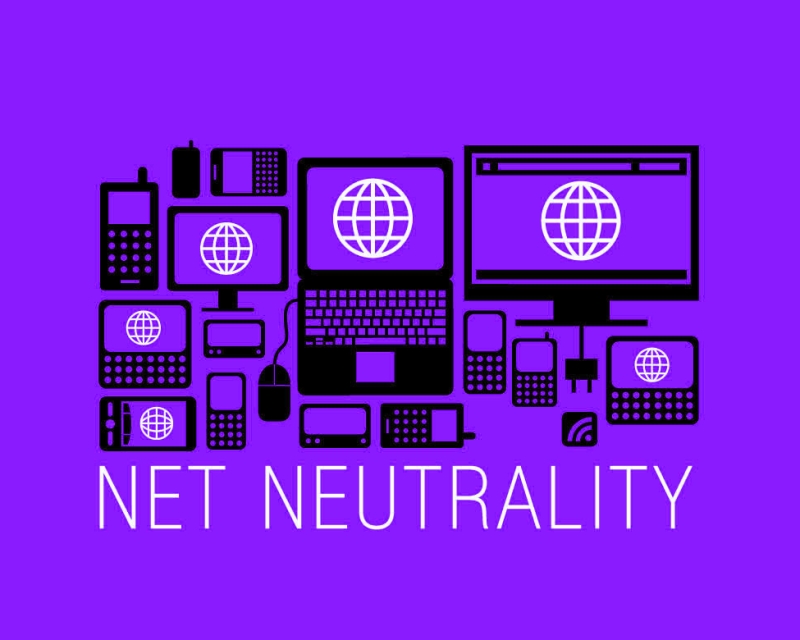Federal Appeals Court Temporarily Halts FCC’s Net Neutrality Reinstatement
In a significant legal development, the U.S. Court of Appeals for the Sixth Circuit issued a temporary injunction on Thursday against the Federal Communications Commission’s (FCC) effort to reinstate net neutrality rules. This decision marks a pivotal moment in the ongoing battle over internet regulation in the United States.
Net neutrality rules, which classify broadband internet access as a telecommunications service, empower the FCC to enforce regulations that ensure all internet traffic is treated equally. These rules were originally implemented under the Obama administration in 2015, reflecting a commitment to an open internet where service providers could not discriminate or charge differently by user, content, or website. And cannot show bias towards bigger companies while harming smaller businesses that don’t have the means to abide by harsh rules to advertise their products.
However, the regulatory landscape shifted dramatically under the Trump administration. With a Republican majority in the FCC, the net neutrality rules were rescinded in 2017, arguing that such regulations stifled innovation and investment in broadband infrastructure. This deregulation faced intense backlash from net neutrality advocates who argued it would lead to a less open and fair internet.
The pendulum swung back once more with President Biden’s election. His administration appointed a Democratic majority to the FCC, which voted along party lines in April to resurrect the net neutrality regulations. This move was lauded by consumer rights groups and internet freedom advocates but was immediately met with opposition from broadband providers who argued the rules were burdensome and unnecessary.
Thursday’s ruling by the Sixth Circuit represents a substantial setback for the Biden administration’s efforts to enforce net neutrality. The court’s decision to issue a temporary injunction suggests that the broadband providers challenging the rules have a strong case. The injunction halts the implementation of the net neutrality regulations while the legal battle continues.
The court’s order reflects the ongoing contentious debate over how the internet should be regulated. Proponents of net neutrality argue that without these rules, broadband providers could prioritize their own services or those of partners, undermining the principles of an open internet. Opponents, however, contend that net neutrality regulations impose unnecessary restrictions that hinder innovation and investment in the broadband sector.
The legal challenge is expected to be a protracted battle, with significant implications for consumers, businesses, and the future of internet regulation. As both sides prepare for a lengthy court fight, the temporary injunction keeps the status quo in place, leaving the internet landscape in a state of regulatory uncertainty.
For now, the reinstatement of net neutrality remains on hold, as the courts weigh the complex issues at the heart of this debate. The outcome of this legal challenge will not only determine the fate of net neutrality but will also set a precedent for how the internet is governed in the years to come.






